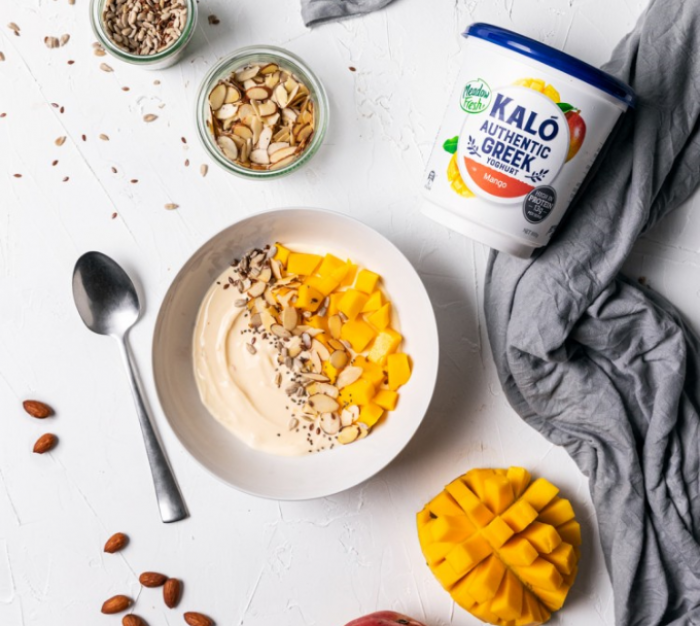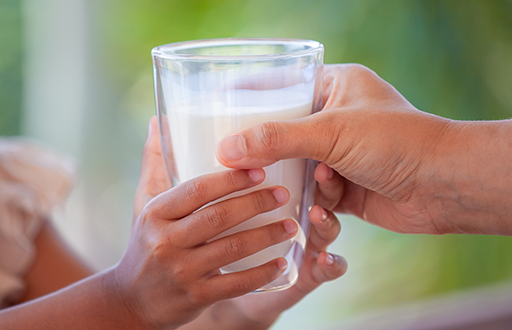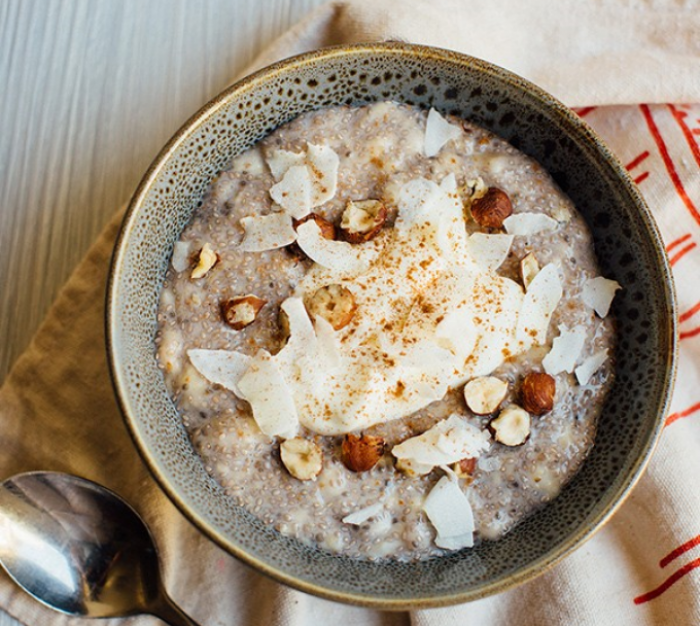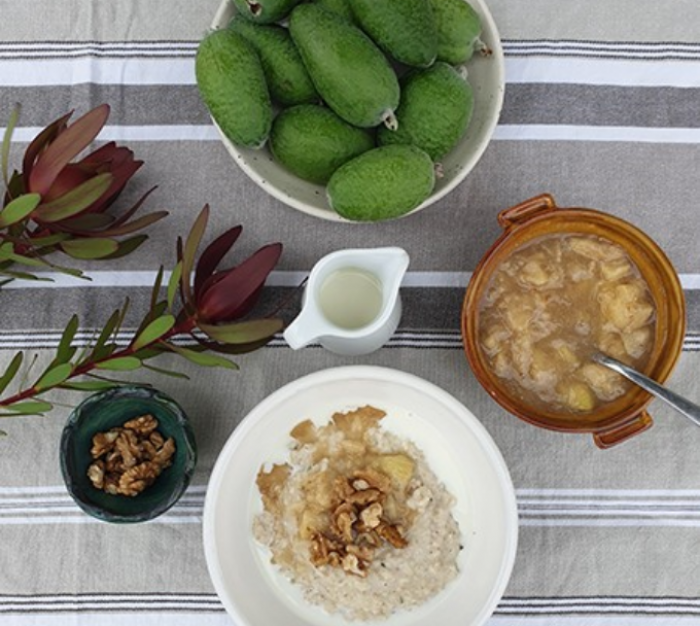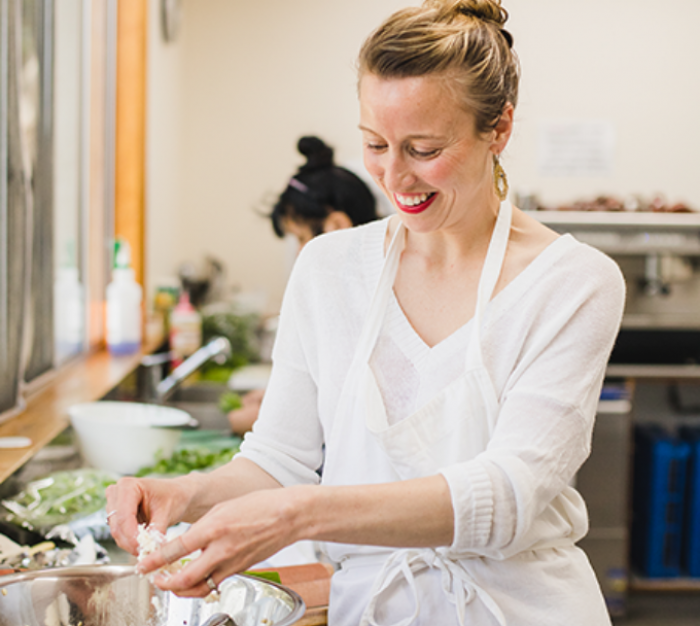While a source of energy, protein’s main role is growth and repair within the body via its role in the formation of muscles, hair, skin, nails and organs such as the heart, liver and kidneys. The human body contains a significant amount of protein and as such, it is a nutrient that should form part of our everyday meals and snacks for overall health and wellbeing. While protein is needed daily by everyone across all life stages, those with the highest protein needs include:
- Teenagers - they require an increased protein intake to help cover growth spurts and extra energy requirements during this stage of life.
- For boys, this growth spurt is around 10-15 years of age
- For girls, this is earlier at around 8-13 years of age.
- Athletes and those who are very active, including our young budding athletes. Higher protein needs here help to cover the extra energy needs associated with high levels of training as well as for the repair and recovery of muscle tissue.
Daily Protein Needs by Age
| Age | Protein Needs per Day - RDI* (g) |
|---|---|
| Boys: 9-13 years | 40g |
| Boys: 14-18 years | 65g |
| Girls: 9-13 years | 35g |
| Girls: 14-18 years | 45g |
| Men: 19-70 years | 64g |
| Men: >70 years | 81g |
| Women: 19-70 years | 46g |
| Women: >70 years | 57g |
| Pregnancy | 60g |
| Breastfeeding | 67g |
Food sources of protein can be split into two groups:
- Animal-based sources of protein
- Meat such as beef and lamb
- Chicken and eggs
- Milk
- Cheese
- Yoghurt
- Plant-based sources of protein
- Nuts & seeds
- Legumes such as chickpeas and lentils
- Tempeh
- Quinoa
- Soybeans
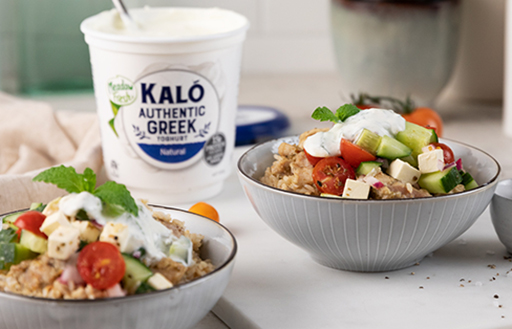
Protein is made up of 20 amino acids, nine of which are what we call essential amino acids and must be consumed via the foods that we eat. All animal sources of protein, as well as soy and quinoa, contain all nine essential amino acids. Those people who do not eat animal foods are encouraged to eat a wide variety of plant-based sources of protein each day to ensure they obtain all the essential amino acids their body needs.
Dairy and Plant-Based Sources of Protein
| Food | Amount of protein (g) |
|---|---|
| 1 egg | 6g |
| 1 chicken breast | 33.4g |
| 1 can tuna (100g) | 25.3g |
| 1 cup Meadow Fresh Original Milk (250mL) | 9.8g |
| 1 serve KALÓ Yoghurt (160g) | 12g |
| 2 slices Edam cheese (25g) | 6.6g |
| 1/3 cup Cottage Cheese | 10.5g |
| 1 serve coconut yoghurt (100g) | 1.5g |
| 1 cup unsweetened almond milk (250mL) | 1.4g |
| 1 cup soy milk (250mL) | 8g |
| 1/2 can chickpeas (200g) | 15.2g |
| 75g soybeans (Edamame beans) | 10g |
| 1 slice multigrain bread | 5.3g |
| 50g quinoa | 7.1g |
| 30g almonds | 5.7g |
| 30g hemp hearts | 10g |
| 20g (-1 Tbspn) peanut butter | 5.3g |
One interesting point to note is that while plant-based-based milks can provide a significant amount of calcium if fortified, they tend to contain lower levels of protein per equivalent serve as shown below.
| Milk type | Calcium per serve (250mL - 1 cup) | Protein per serve (250mL - 1 cup) |
|---|---|---|
| Meadow Fresh Original Milk | 340mg | 9.8g |
| Meadow Fresh Trim Milk | 350mg | 10.3g |
| Unsweetened Almon Milk (calcium-fortified) | 300mg | 1.4g |
| Soy Milk (Calcium-fortified) | 400mg | 8g |
| Hemp Milk | Not listed in the nutrition information | 0.7g |
| Coconut Milk (calcium-fortified) | 188mg | 0.5g |
For more information about serving sizes, you can visit the eating and activity guidelines by the Ministry of Health.
The role of protein around exercise
Many people who are active wonder if they need to buy and use a specially formulated protein powder or use protein bars. The short answer is no; if you choose your foods wisely and eat them in a timely manner. There are many protein-rich whole foods that are beneficial for your body before and after exercise. In addition to the protein they contain, they will also provide a matrix of other valuable nutrients to fuel the body and support repair and recovery following exercise.
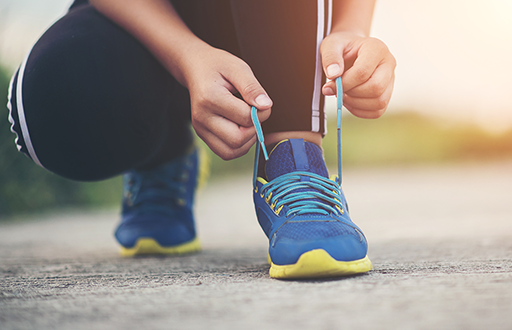
As a guide, the pre-exercise meal should be consumed 3-4 hours before exercise. This gives the body time to digest and absorb the nutrients in the meal, making them available to the body to use. It should be a source of carbohydrates, protein and colour to provide a mix of nutrients to fuel the body. For example, a suitable breakfast may be toast topped with cottage cheese and avocado.
Snacks should be eaten 60-75 minutes before exercise and are simply just to top up energy stores and to delay hunger. As a result, they should be light and relatively small to avoid any stomach upset. Try a few spoonfuls of Greek yoghurt and a piece of fruit or a small smoothie.
A recovery meal or snack should ideally be eaten within 30-45 minutes after exercise and should contain a source of both protein and carbohydrate to allow growth and repair of muscle tissue and restoration of body fuel stores. Aim to include 20-25g of protein the recovery meal/snack where possible. A suitable amount of fluid such as water should also be consumed to replace any fluid lost via sweat. A good recovery snack may be a bowl of nutty and seedy granola topped with protein-rich KALÓ yoghurt and fresh fruit.
Protein Summary
- Protein is an important macronutrient needed by all people at every stage of their life for its role in the formation of muscles, skin, hair, nails and organs such as the heart.
- Aim to include a source of protein at every meal and snack throughout the day. For example, cottage cheese on toast for breakfast (see recipe below).
- Aim to include a decent amount of protein (i.e. 20-25g) after undertaking any exercise or movement. The protein provides essential amino acids needed to build and repair muscle tissue following exercise. For example, a bowl of protein-rich KALÓ Greek yoghurt topped with fresh fruit and homemade granola.
- Enjoy a range of both plant-based and animal-based protein sources if applicable to your eating style to provide a range of valuable nutrients such as Vitamin B12, iron and zinc.
Breakfast Recipe:
Loaded Toast – serves 1
Toast loaded with all manner of nutritious and delicious things provides a wholesome stat to the day to keep your body and mind satisfied and energised.
Try this nourishing combination of wholegrain toast topped with avocado, cottage cheese, chia seeds and fresh herbs! The cottage cheese and chia seeds provides a delicious source of protein to help keep you fuelled throughout the morning.
- 2 slices of your favourite wholegrain or sourdough bread – toasted
- 4 Tbsp Meadow Fresh cottage cheese
- ½ avocado – sliced
- 1 tsp chia seeds (or try hemp hearts)
- Fresh parsley or coriander – chopped
- Drizzle of extra virgin olive oil
- Cracked black pepper and flaky sea salt
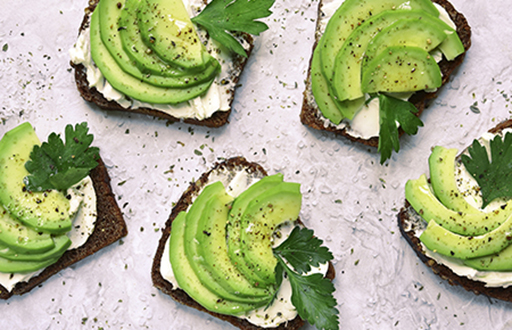
Method:
Place your toast on a plate and then spread over 2Tbsp of cottage cheese per piece.
Then arrange sliced avocado on top of the cottage cheese, followed by chia seeds or hemp hearts and finally scatter over fresh herbs and drizzle over extra virgin olive oil.
Season with freshly cracked black pepper and flaky sea salt.
Enjoy!
Article was written by Emily Hope - NZ Registered Nutritionist, Emily has a love for food, nutrition and the power to better people's lives.
